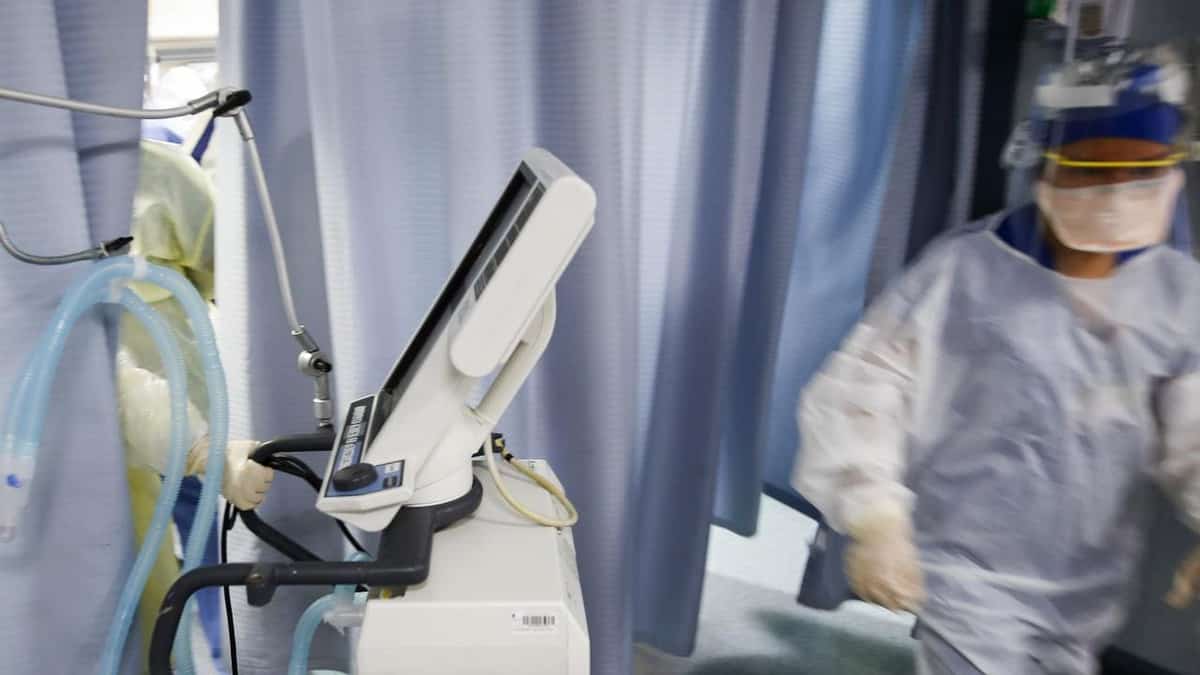Hyderabad: One of the most astounding things about treating COVID-19 patients is how well they can look with extreme hypoxia. Patients with saturations of 50% (and consistent ABGs) can be talking, mutating normally, and have otherwise normal vital signs. Thus, this term: “the happy hypoxemic”.
Hypoxia is persistent low oxygen saturation in blood caused due to severely reduced lung function and oxygen binding problem in the blood. When this happens, it leads to sudden cardiac failure. Such cases can be seen more in COVID patients.
A little understood medical condition that has acquired the self-contradictory moniker of ‘happy hypoxia’, is resulting in fatalities among Covid-19 patients.
“This is a condition that many doctors involved in Covid-19 treatment are not aware of. The patient seems perfectly healthy and normal, could be even walking around without any apparent discomfort or talking to others. But there is just not enough oxygen in the blood among such patients and that leads to catastrophic heart failure,” according to Dr Sreenivas Kumar, director, cardiology and clinical research, at Apollo Hospitals in the city.
Dr Kumar’s assessment of the causes of death among Covid-19 patients, including the ‘happy hypoxia’ condition, comes in the wake of the Government Chest Hospital authorities seeing cases of younger Covid-19 patients having cardiac failure, even when they do not have any previous cardiac health history.
Typically, when blood oxygen levels fall resulting in hypoxia, the body responds to rising carbon dioxide levels resulting in shortness of breath and even patients losing consciousness.
But in the case of Covid-19, undetected hypoxia appears to be one of the specialties of the virus. “Unless doctors are looking out for it, the patient appears quite normal in many ways until the terminal event of cardiac failure occurs,” Dr Kumar said.
“Cardiac related problems are more common among elderly Covid-19 patients, and in people with pre-existing high blood pressure or diabetes, or have previously suffered from heart attacks,” Dr Kumar said.
Many heart-related complications including acute heart attacks could develop as the virus progressively invades all parts of the body and also because of secondary bacterial infections and sepsis developing in the body.
“It is very important not to miss or stop taking heart, BP, sugar or cholesterol medicines in these tough times as this way we could prevent getting infection or at least prevent getting into more dangerous complications even if a person catches the Coronavirus,” he said.

